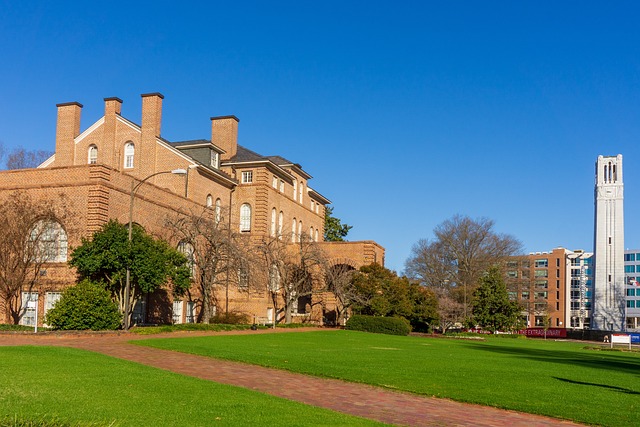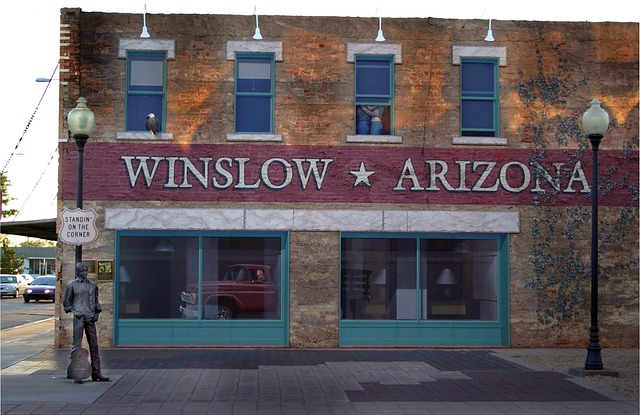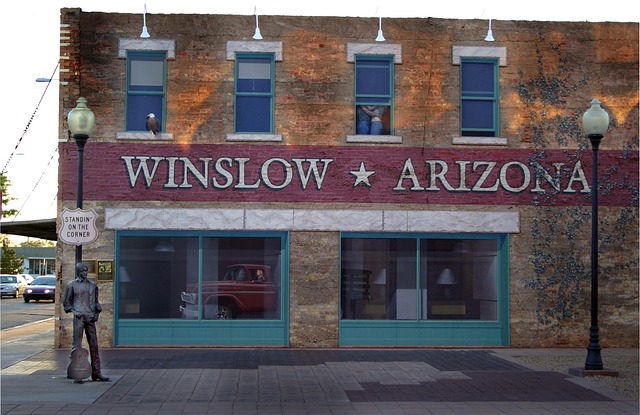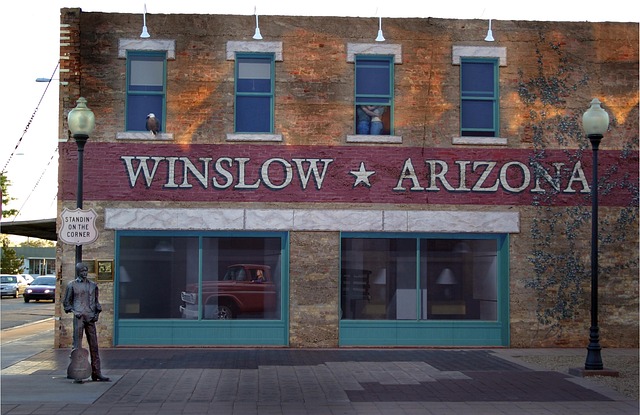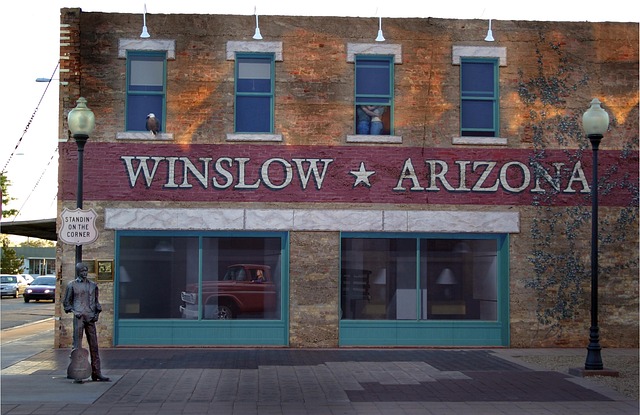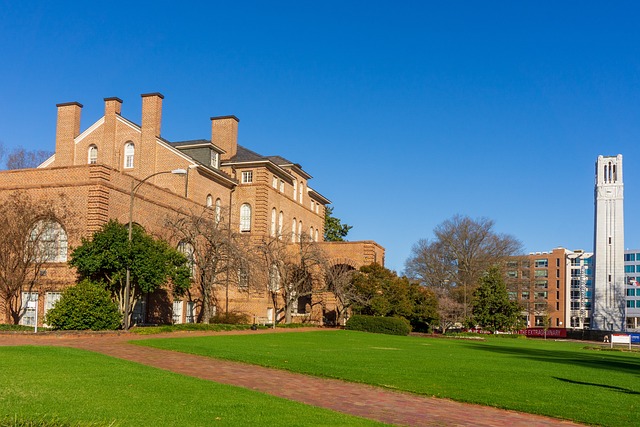In today's dynamic real estate market, understanding trends like bustling neighborhood popularity and digital influences on property searches is crucial for informed decision-making by investors, developers, and professionals. Cultural tourism presents a significant opportunity to revitalize spaces into cultural hubs, attracting visitors seeking authentic experiences. Real estate strategies involve rehabilitating historical structures or creating themed accommodations that highlight local heritage, leading to economic growth and cultural preservation while enhancing travel experiences and property values.
Cultural references play a pivotal role in shaping tourism, with historic sites and captivating narratives drawing visitors from around the globe. This article explores how these elements, integral to destinations’ identities, drive tourist attraction. We delve into the potential of ‘real estate opportunities for cultural tourism’, examining ways to unlock hidden gems and enhance travel experiences by immersing visitors in local culture and traditions. From ancient ruins to vibrant festivals, understanding and leveraging cultural references can revolutionize tourism landscapes, especially through strategic real estate developments.
The Role of Cultural References in Tourism: How Historic Sites and Stories Attract Visitors

Unlocking Hidden Gems: Real Estate Opportunities for Cultural Tourism

Tourists often seek authentic experiences, and cultural references play a significant role in drawing them to various destinations. This trend presents exciting opportunities for real estate developers and local communities to unlock hidden gems and cater to this niche market. By embracing cultural tourism, areas can transform underutilized spaces into vibrant cultural hubs, attracting visitors seeking unique, immersive experiences.
Real estate investments in these regions can take many forms, from restoring historic buildings to developing themed accommodations that reflect the area’s heritage. These projects not only enhance local attractions but also create employment opportunities and boost the economy. With careful planning, communities can preserve their cultural heritage while offering tourists memorable, off-the-beaten-path experiences, ensuring a win-win scenario for both residents and visitors alike.
Enhancing Travel Experiences: Incorporating Local Culture and Traditions in Tourist Destinations

Incorporating local culture and traditions into tourist destinations is transforming travel experiences, making visits more meaningful and memorable. When tourists engage with authentic cultural elements, they gain deeper insights into the place they’re visiting, fostering a stronger connection to its essence. This goes beyond simply seeing landmarks; it involves immersing oneself in customs, flavors, and narratives unique to each destination.
For real estate professionals, understanding and promoting these cultural facets can significantly enhance property values and appeal to tourists seeking immersive experiences. By integrating local traditions into hospitality offerings and marketing strategies, destinations can attract a broader range of travelers, stimulate economic growth, and preserve cultural heritage for future generations.

